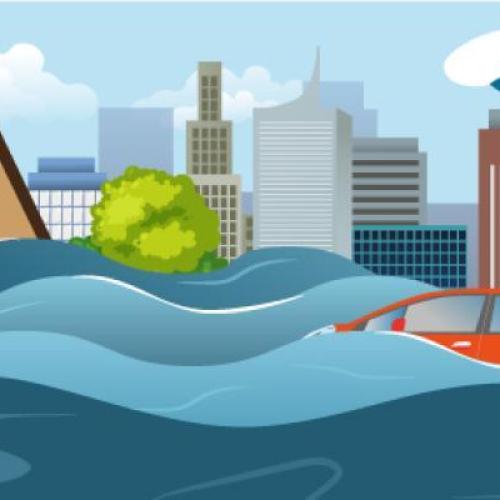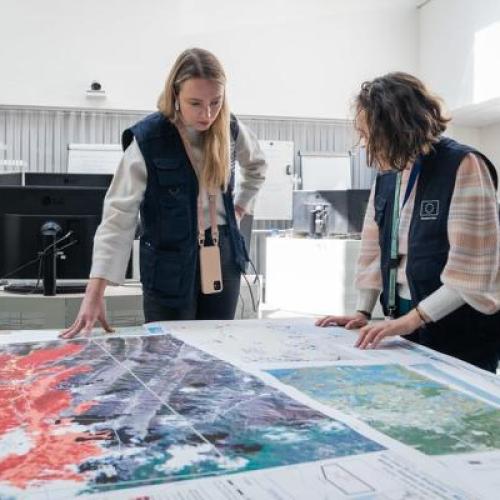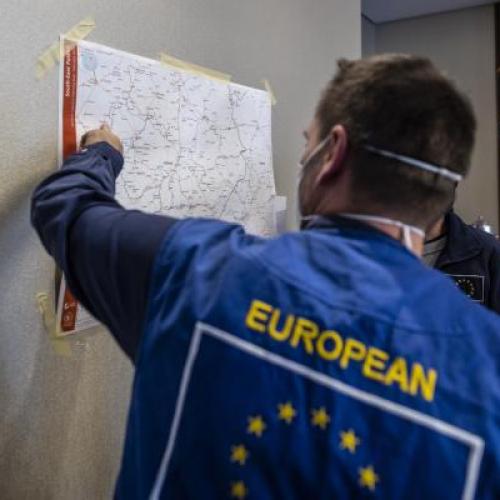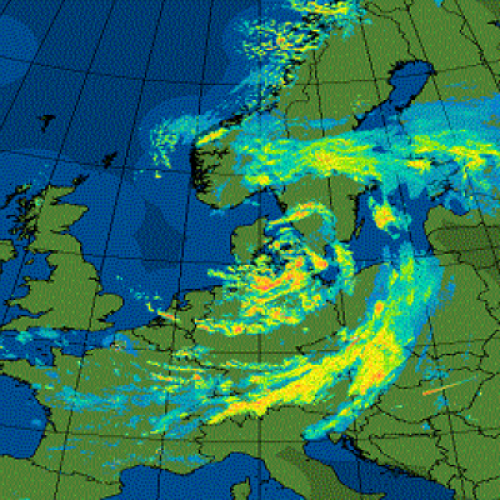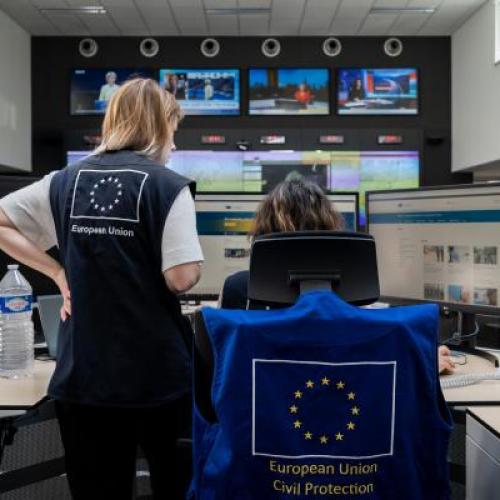Results and projects
Following the 2024 Call of Expressions of Interest eight country-specific activities are being implemented in Albania, Germany, Iceland, Kosovo, Moldova, North Macedonia, Romania, and Türkiye; as well as two cross-cutting analytical activities (EU-wide).
Following the 2025 Call of Expressions of Interest, seven country-specific activities are being carried out in Croatia, Ireland, Kosovo, Montenegro, Serbia, Sweden, and Türkiye; as well as three cross-cutting analytical activities (EU-wide).
Please find below the TAFF projects booklet.
Project examples
2024 Projects:
2025 Projects:
Results:
The Economic Case for Investing in Disaster Preparedness and Resilience (Germany)
Between 2024 and 2025, a grant from the Technical Assistance Financing Facility for Disaster Prevention and Preparedness enabled a World Bank team to support the German Federal Office of Civil Protection and Disaster Assistance in assessing the economic case for investing in disaster preparedness and resilience. The economic case has been released in February 2026. This report aims to help policymakers identify and prioritize the most urgent and cost-effective opportunities to boost the country’s resilience, improving preparedness not only for climate-related disasters, but for a wide range of future shocks.
Results from the literature and the new analysis presented in this report show that, in Germany, every €1 invested in disaster preparedness and prevention yields a median economic return of €2–6, with some individual estimates being as high as €500.
Economic case
Towards an Integrated Wildfire Risk Management Diagnostic and Recommendations Report
The risk of wildfires in Iceland is rising significantly, linked to climate change, evolving land use patterns, and growing vegetation. There is therefore an urgent need to strengthen Iceland's capacity across the wildfire management spectrum. This report carried out by the World Bank and financed by TAFF summarizes the results of a diagnostic review of wildfire risk and management capacity in Iceland. It includes 10 key recommendations across four priority areas that can guide policy discussions, decisions, and actions in the immediate/short term as well as the medium to long term. These recommendations will help to enhance Iceland’s integrated wildfire risk management, improve institutional coordination, and build national resilience to this emerging threat
Main report
Brief

